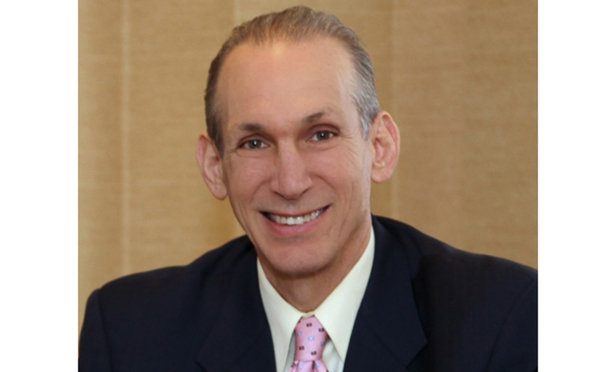Medical malpractice cases often involve the intersection of science, medicine and law. Experts for both the plaintiff and defendant frequently testify to their opinions regarding the cause of injuries or illnesses, without citing medical or scientific literature.
Frye v. U.S., 293 F. 1013 (DC 1923) and Parker v. Mobil Oil Corp., 7 N.Y.3d 434 (2006), and their progeny, allow scientific testimony as to causation to be challenged pursuant to the court’s “gatekeeper” function. The court has the power to prevent unreliable scientific testimony from potentially confusing unsuspecting jurors.
This content has been archived. It is available through our partners, LexisNexis® and Bloomberg Law.
To view this content, please continue to their sites.
Not a Lexis Subscriber?
Subscribe Now
Not a Bloomberg Law Subscriber?
Subscribe Now
LexisNexis® and Bloomberg Law are third party online distributors of the broad collection of current and archived versions of ALM's legal news publications. LexisNexis® and Bloomberg Law customers are able to access and use ALM's content, including content from the National Law Journal, The American Lawyer, Legaltech News, The New York Law Journal, and Corporate Counsel, as well as other sources of legal information.
For questions call 1-877-256-2472 or contact us at [email protected]



